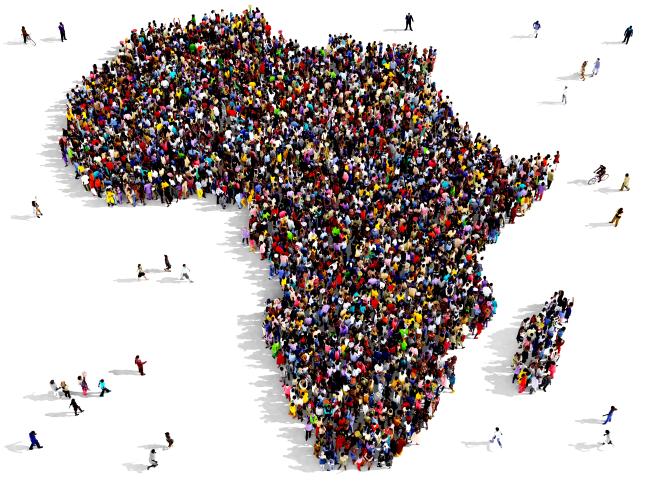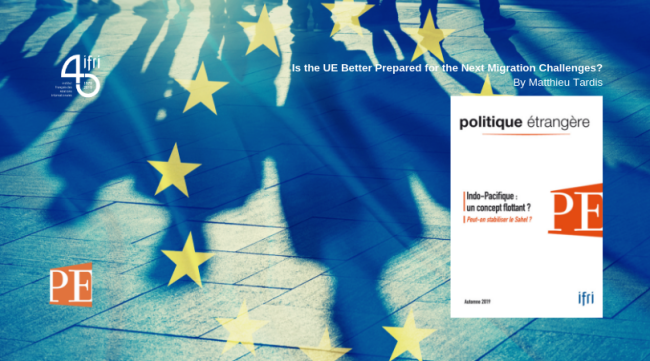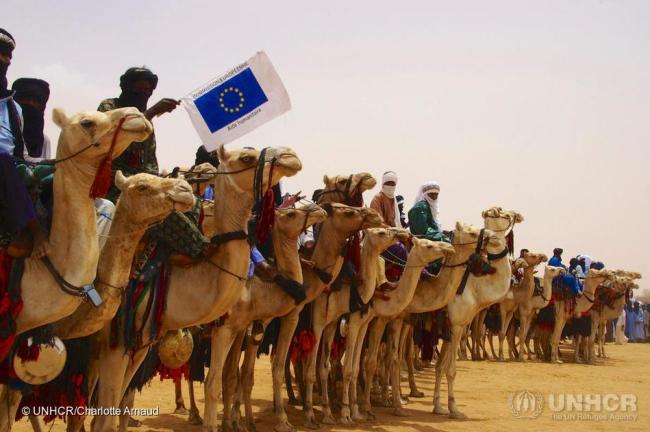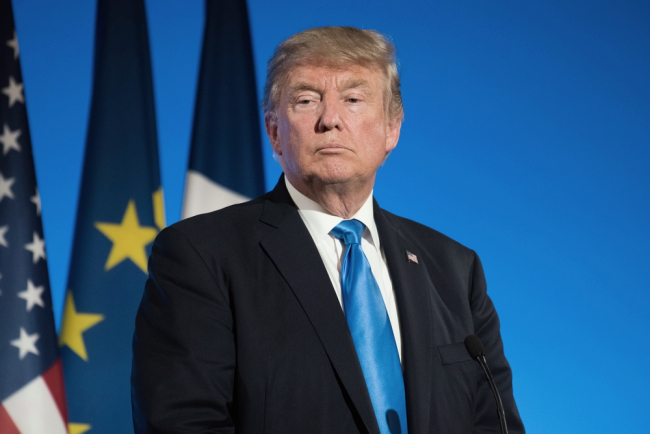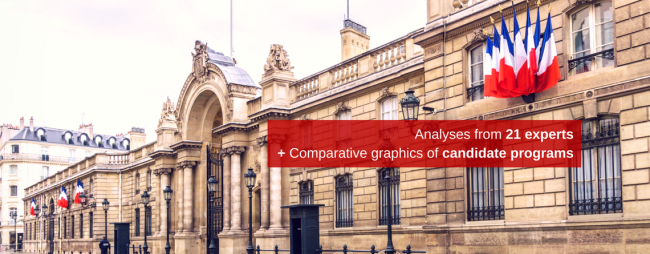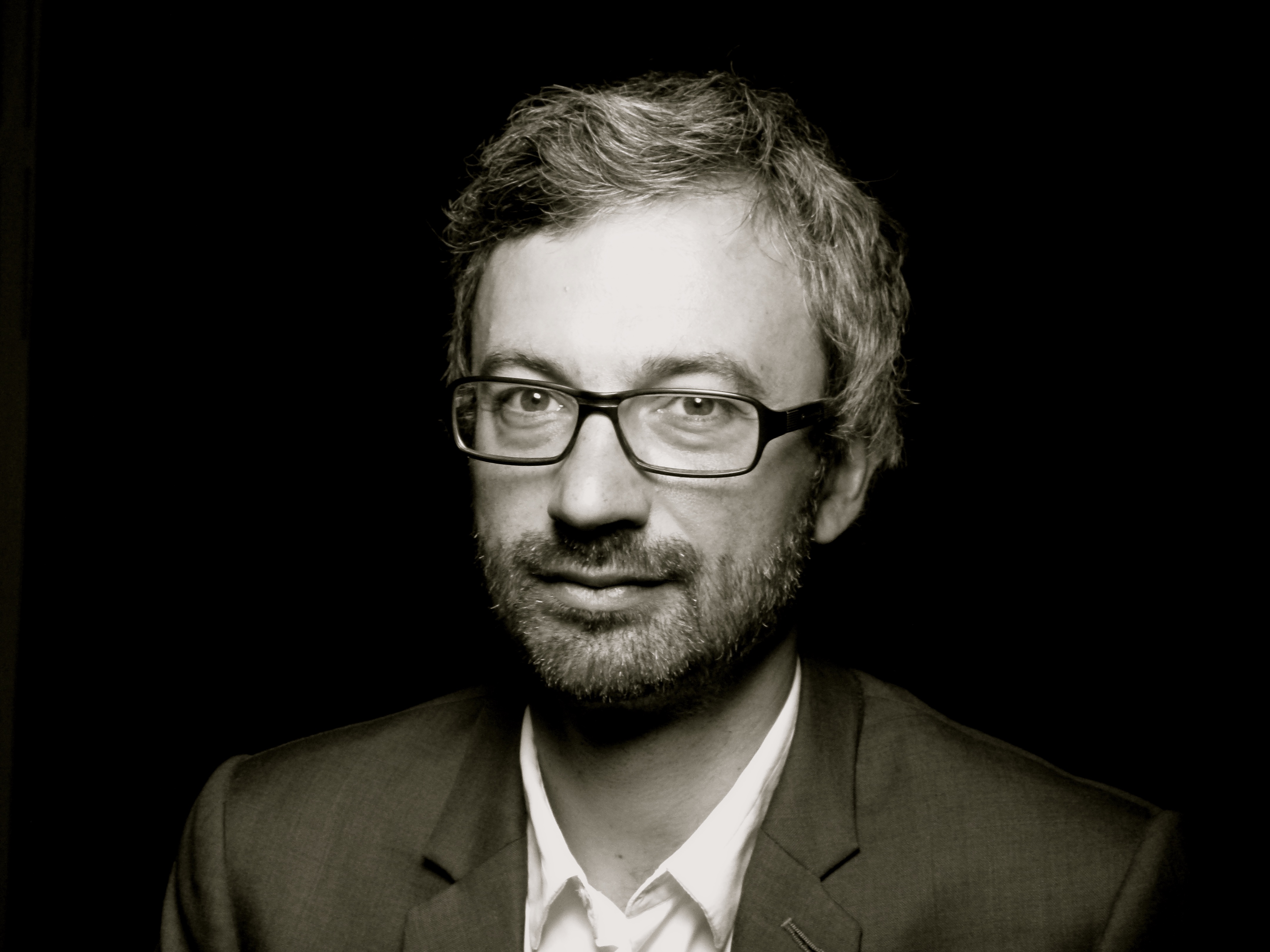
Prénom de l'expert
Matthieu
Nom de l'expert
TARDIS
Former Research Fellow and Head of Ifri's Center for Migration and Citizenship
Research Interests :
- European asylum and immigration policies
- Global governance of migration
- Reception and integration of refugees and migrants in France
- Stakeholders in the field of immigration and asylum policies (cities, non-profit organizations, private sector...)
Matthieu Tardis headed Ifri's Center for Migration and Citizenship from January 2022 to February 2023, where he was a Research Fellow since February 2015. Matthieu Tardis is a graduate of the Institute of High European Studies in Strasbourg. He also studied at the law Universities of Bordeaux and Oslo. Matthieu Tardis worked in a French refugee-assisting organization where he was involved in the enhancement of the expertise on migration policies in France, Europe and Tunisia through study activities and European and international projects.
His research expertise includes asylum, integration, international migrations and their impact on European policies.
See more








